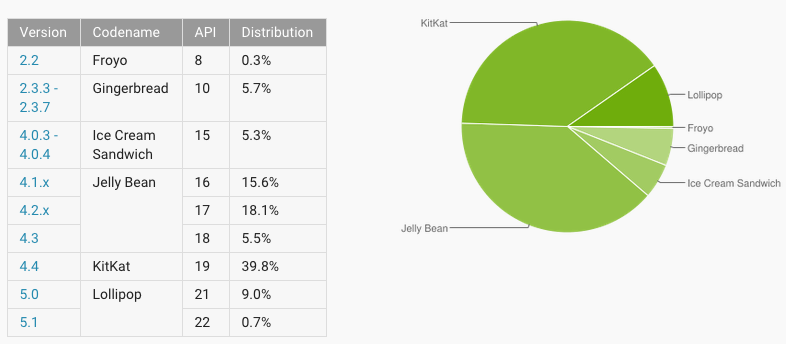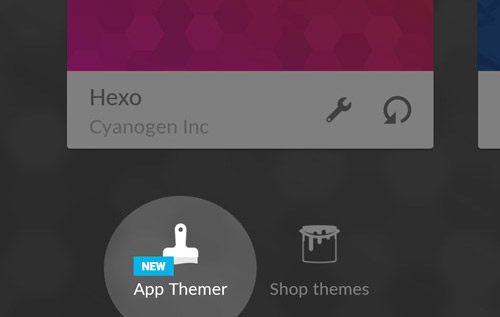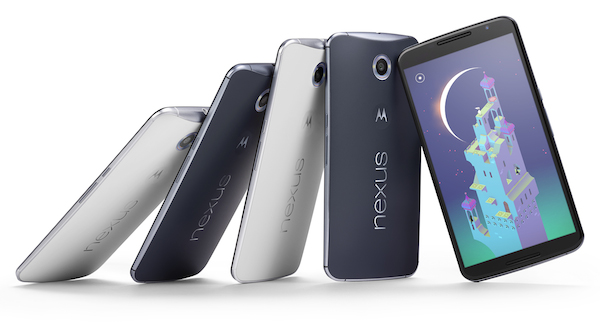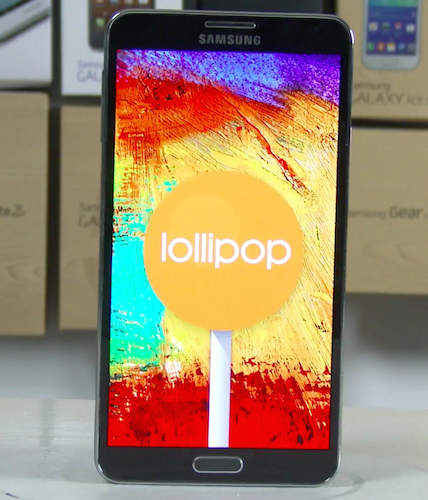Ever since Sundar Pichai started overseeing Android in March 2013, in addition to his Chrome responsibility, speculations have been rampant about the importance both platforms will hold in Google’s future. Today’s Google I/O gave us a glimpse — more like a huge look — into the place each of these has in Google’s strategy.
There are a few take aways from this year’s I/O keynote conference, and they all come back to one very important point: it was all about Android.
Chrome isn’t going anywhere soon, neither is Android
Many theorized that since both the Android and Chrome divisions in Google now have the same boss, things were bound to merge, in a form or another. Some thought Chrome would be at the heart of Google’s strategy. After all, the web has more potential to be ubiquitous compared to an installed OS. (https://www.onecrazyhouse.com/) With web browsers capable of running more complex apps, even offline, why would you want to develop native apps?
The thing is, for now, Chrome isn’t the end-all-be-all, and neither is Android. These two operating systems will co-exist, with more bridges being built between them.
After focusing on services, Google is switching to hardware
While I/O 2013 was focused on Google’s services (Maps, Hangouts, Play Music All Access, Google+) with a few Android news sprinkled here and there (Play Edition devices, Android Studio), this year’s I/O was all about reaching every piece of equipment in your life.
Google has the services aspect well oiled and improving with every iteration. However, if it wants to be omnipresent in your life, it can’t stay bound to a few screens. Beside phones and tablets, the plan is to expand into every screen in your life, including your watch, TV, and car.
The web isn’t enough, Android to the rescue
Not a single word was uttered about the web in today’s I/O. That, in itself, is quite telling. Once the need to dominate all your screens was known, the choice between Android and Chrome had to be made, and the result was clear: Android this, Android that, Android all the things!
While Android is technically “open”, it still provides Google with enough control, personalization, and power that the web isn’t capable of at this point. I/O always sets the tone for Google’s next twelve months, and from the looks of it, Android will be at the very heart of everything the company does.
[Image Credit]

















